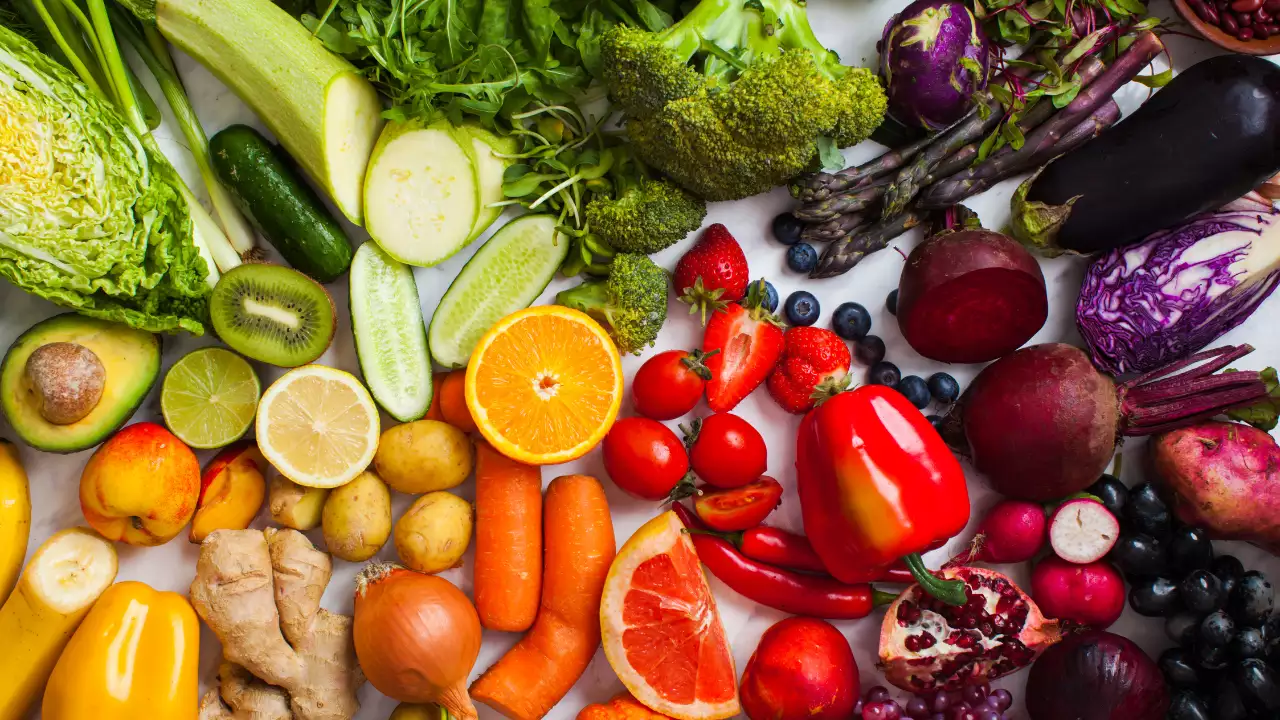Which Antioxidants in Your Diet Can Improve Lung Function? Expert Explains
Dec 08, 2024
News

Image- Canva
The role of the lungs in our body is to supply oxygen-rich blood to various organs of the body for performing the physiological functions. But various factors, such as environmental pollution, weather change, exposure to pollen, etc., can be damaging to the lungs. The mechanism operating behind this is the damage of body cells by free radicals leading to an inflammatory response. Hence, the role of a good diet comes into play here, and the most effective role for improving lung functioning is antioxidants.
To know which antioxidants in our diet can improve lung function, we speak with Dr. Harish Bhatia, Founder Director of Rebreathe Clinic, Senior Consultant Chest Specialist & Physician with Apollo Hospital.
Vitamin C (ascorbic acid): Ascorbic acid is present in high proportions in citrus fruits and vegetables such as lemons, guavas, amla, oranges, mosambi, mandarin oranges, etc. “This vitamin is water-soluble and antioxidant in nature. This vitamin plays a critical role in scavenging reactive oxygen species (ROS), which can damage the cells lining the respiratory tract. Hence, those who have a weak respiratory tract should take a vitamin C-rich diet to improve the functioning of their lungs,” Dr. Bhatia explains.
Vitamin E (alpha-tocopherol): According to Dr. Bhatia, this vitamin is protective in nature, by preventing the cellular membranes from free radical damage (by inhibiting lipid peroxidation). “Its antioxidant nature renders it a great source for promoting respiratory health and preventing airway diseases by inhibiting inflammation at the cellular level. The main dietary sources of this fat-soluble vitamin include nuts, seeds, avocados, spinach, and more,” he says.
Carotenoids: Carotenoids (beta carotene, zeaxanthin, lutein), Dr. Bhatia says, are the precursors of vitamin A and are densely packed in yellow and orange-coloured fruits and vegetables such as mango, papaya, pumpkin, carrots, etc. He adds that they have an irreplaceable role in maintaining the structural and functional integrity of the epithelial cells lining the respiratory tract.
Hence, a diet rich in carotenoids helps to effectively manage various respiratory disorders and can even protect the lungs from the harmful chemicals produced from smoking.
Glutathione: “This is a master antioxidant, a tripeptide highly functioning in scavenging free radicals and also helps in the regeneration of other antioxidant vitamins, namely vitamins C and E. Its rich sources are garlic, cruciferous vegetables, etc., and they aid in reducing inflammation of our airway passage,” Dr. Bhatia tells us.
Selenium (or Se): It belongs to the category of micro minerals and, Dr. Bhatia says, has the ability to improve lung functioning, being an integral structural part of the enzyme named ‘glutathione peroxidase.’ The role of enzymes is scavenging the free radicals such as hydrogen peroxide and lipid hydroperoxides. The dietary sources include Brazil nuts, seafood, or eggs; besides these, supplementation also works wonders for treating asthma or other respiratory disorders.
Get Latest News Live on Times Now along with Breaking News and Top Headlines from Health and around the world.



